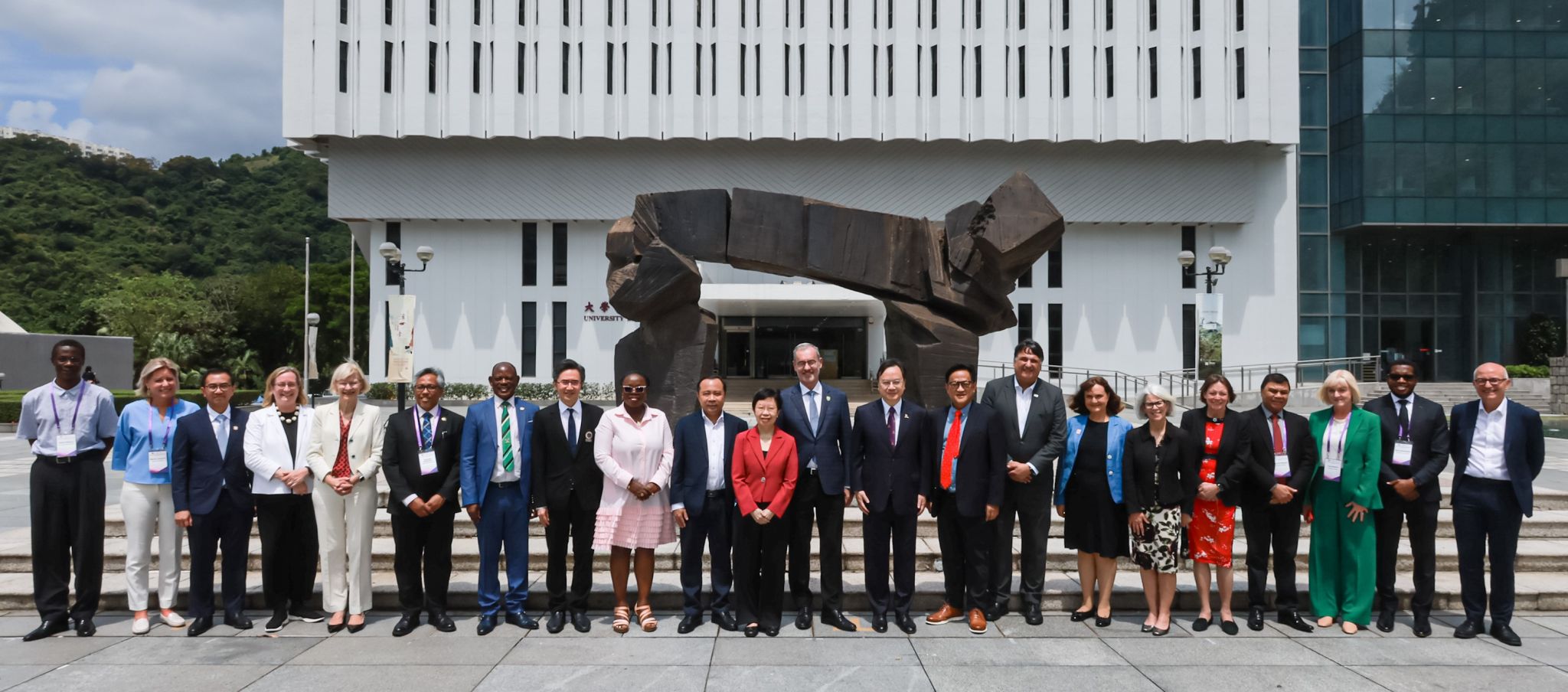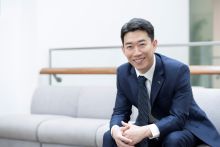Global university presidents leading with purpose: reflections from the WUN forum

In a global environment where universities face rising public expectations, geopolitical risks and constrained resources, how should institutions respond?
This was the pivotal question that senior academic leaders sought to answer during the Worldwide University Network (WUN) Presidents Forum 2025, held from 21to 23 May and hosted by The Chinese University of Hong Kong (CUHK).
SMU President, Professor Lily Kong offered reflections on this convergence of pressures, and how universities might adapt to be adept for the future.
What started as speakers exploring the challenges and opportunities of increasing the efficiency of universities while saving costs, evolved into deeper reflections on trust, purpose, and the moral courage required to honour both. Professor Kong said that “universities have the social licence to operate when we have the moral courage to undertake purposeful work, in trust with the communities that support and enable our work, and to whom we owe the use of our expertise as a brain trust of society.” In the same roundtable discussion, Professor Dawn Freshwater, Vice-Chancellor of the University of Auckland, also reflected that a university’s clear sense of purpose — rather than performance metrics alone — could serve as a moral compass in complex or contested contexts.
These sentiments resonated with other speakers at the Forum. Dr Choltis Dhirathiti, Director of the Southeast Asian Ministers of Education Organisation’s Regional Centre for Higher Education and Development, highlighted the growing demands on Southeast Asian universities not only to meet national and global benchmarks, but also to make concrete contributions to advance social, economic, and environmental progress. He noted that while institutions in the region were still strengthening quality assurance and research capacity, collaboration was “not merely beneficial, but essential” in navigating these rising expectations.
Professor Kong also called for the protection of “margins for mission”. While revenue generation and resource optimisation are important, universities must ensure that resources remain aligned with meaningful social impact. “We must communicate our contributions meaningfully — and that often means spotlighting grounded, local actions that communities can recognise and value.”
Over the course of the dialogue, Prof Kong acknowledged that while universities have professional degrees that offer specialised skills, the inculcation of broader intellectual development is equally important — especially as the half-life of knowledge rapidly reduces.
“That broad intellectual development, including inculcating critical thinking skills, is what will stand graduates in good stead in a world of generative AI and rapid changes in domain knowledge,” Prof Kong shared.
She also noted how SMU, which has entered its 25th year, has been sharpening its institutional focus to deepen the University’s contributions to society. Prof Kong said: “We are reorganising ourselves to scale what makes SMU distinctive, with new strategic structures dedicated to research, partnerships, impact, and internal culture.
“This is part of our ongoing commitment to transform lives — through education, research, and engagement — with even greater intentionality and coherence.”
Subhead: Candid conversations for collaboration among AUN and WUN leaders
This annual forum by the WUN – a global network of leading research-focused universities – was co-organised with the ASEAN University Network (AUN) for the first time. Underscoring Southeast Asia’s growing influence in global higher education, the joint forum sought to strengthen engagement between the academic leaders of Southeast Asia and the world.
During a closed-door session between AUN and WUN university presidents, Professor Kong advocated for cross-network collaboration and reiterated SMU’s commitment to enabling partnerships across regions. She highlighted the potential of leveraging AUN’s various thematic networks, including the University Innovation and Enterprise Network and the AUN Technology Enhanced Personalised Learning Network, which are both led by SMU.
By the end of the Forum, AUN and WUN leaders had identified several areas of alignment. These included joint research and policy dialogues anchored in the United Nation’s Sustainable Development Goals, as well as in emerging fields such as ethical AI, digital governance and pedagogical innovation. Both networks also committed to leveraging complementary strengths and pooling expertise towards greater innovation and collaboration.
Rooted in Asia and engaged with the world, SMU remains committed to working alongside regional and global partners to shape a higher education landscape that is purposeful, trusted, and grounded in societal impact. These discussions reaffirmed the unique position that universities hold as connectors across geographical and cultural divides, as well as catalysts for meaningful, global change.
Further Reading
For a broader account of the WUN Presidents Forum 2025, including insights from university leaders across six continents, we invite you to read the feature by CUHK: Tertiary Education Holds Fast to Higher Calling


